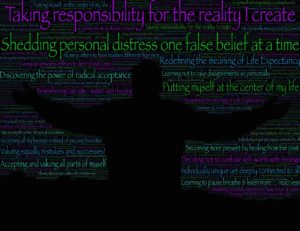 Parts of the yesterday really tried my patience.
Parts of the yesterday really tried my patience.
I had a wonderful opportunity to visit a friend in her new home and play a round of golf in beautiful 84-degree weather. The day was magical . . . until I started what should have been a 2-1/2 hour trek home.
Then I encountered . . . .
Accidents: Four of them to be exact. It was during commute time. There were no “alternate routes” available. These four accidents would ultimately result in an additional 2 hours of travel time. I was frustrated. Then I was thankful. I was in a comfortable, safe car. I had no critical timeline in which I needed to be somewhere. I was not involved in any of the accidents. Pause. Patience. Perspective.
A slow driver: Honestly! They were driving 10 MPH under the speed limit. What’s up with that? I was tempted to do the ol’ flash the lights routine because I assumed it was some young whipper-snapper texting and not paying attention. Nope, it was an elderly couple looking at a map and trying to find their way. I would have felt horrible had I made their trek even more stressful by my impatience. Pause. Patience. Perspective.
A broken Frappuccino machine: I jumped off the freeway long enough to complete a coaching call with a very motivated client that I‘ve been working with for some time. After the call, I decided to treat myself to a frappuccino for the next 90-minute drive home. The sign said the frappuccino was 490 calories. That’s a lot of calories for a drink in my mind, but I decided to treat myself. Five minutes later the manager told me the machine was broken and he needed to refund my $5.62. I could have been upset, but honestly, I was relieved. I really didn’t feel good about it anyway. Pause. Patience. Perspective.
So, what did all of this teach me? The power of pausing, taking a second to engage with some patience, and thinking about a possible different perspective.
How would you benefit from practicing pause, patience, and perspective?
Cindy Jobs







